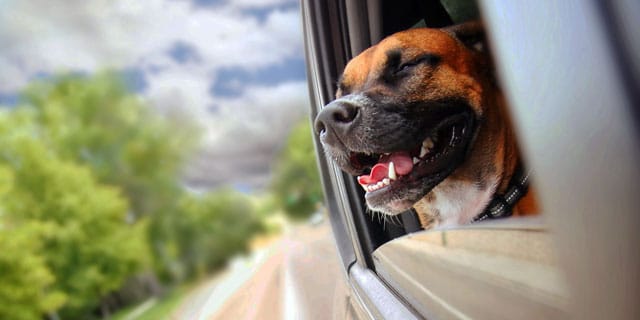Perhaps it’s because we live in one of the world’s largest countries with an incredible range of vistas, or maybe it’s simply that Canadians have an inherent wanderlust. But an epic road trip is a rite of passage for many of us. Whether you long to follow the Sea to Sky Highway from Vancouver as you hug the coastline to the resort town of Whistler, or you dream of the magnificent views on the other side of the country afforded by the Cabot Trail in Cape Breton, the wonders this land holds provide the perfect backdrop for the ultimate road trip.
For some, preparing for a road trip is a meticulous affair that maps out precise timelines and schedules. For others, planning involves little more than pointing in one direction, and setting off for whatever may come. However, as random as you might wish your itinerary to be, there are some critical things you should consider before heading out on your adventure. Here are 7 tips to help you make your next road trip smooth and trouble-free:
1. Service your vehicle before you go
Hot summer days and long stretches of driving can put a strain on your vehicle, so having a mechanic give your vehicle the once over before starting out makes a lot of sense. Be sure to have the oil changed, and request that critical components including the cooling system and brakes get extra attention.
2. Join an auto club
Mechanical breakdowns can happen, despite taking the precautions noted above. To ensure that help is always available, consider joining an auto club that provides a towing service, in addition to other benefits such as insurance and accommodation discounts. Some organizations can even help design routes tailored to meet your preferences.
3. Bring copies of your important documents
Losing your ID or other important documents in the middle of a road trip is beyond a hassle, so where possible bring backup copies that you can keep in a safe spot. You can also save a scan of the document to your mobile device. Be aware that a copy of a controlled document such as your driver’s license is not a legal replacement, and will not prevent you from being cited by the police should you be required to produce your license. However, having a scan available will at least ensure you have details such as your license number at hand, to help with arranging a replacement when you contact the issuing authority for your province. To help keep your credit card details safe, along with passwords to your bank accounts, there are several apps you can choose from that let you store passwords and other critical information in a secure cloud environment. This way, should you ever lose your credit card or need quick access to cash, you can retrieve these account details and passwords directly from your phone or tablet.
4. Plan your accommodations
Whether you plan to stay at hotels during your trip, or intend to “rough it” at a campsite, don’t expect to arrive late in the day and get accommodations for the night. Lodging tends to book up early during the tourist season, and if you're in a popular spot the chances are you'll be disappointed if you do not plan ahead. Try to reserve your room or camp site at least a couple of days ahead of where you expect to be at any time. And while this should be sufficient notice during the week, weekends may require considerably more lead time. You may also find it difficult to book just a single night on the weekend, as proprietors often require a two-night minimum during weekends.
5. Don’t forget the maps
A GPS is a wonderful tool to help you navigate to a specific destination, but it's not the ideal means of planning your route. For that, a good old-fashioned map spread out over the nearest table (or car hood) makes it possible to see where you are in relation to where you want to go with just a glance, and all the options for getting there. You also get a sense of the terrain, bodies of water and any towns you might encounter along the way.
6. Pack a cooler
A road trip doesn’t have to be an endless series of fast food stops. Packing a cooler and keeping it stocked with water and other drinks not only helps to keep you hydrated during your travels, but including healthy snacks such as fresh fruit, cheese and nuts can help stave off the growlies. And we all know that we tend to make poor dietary decisions when hungry.
7. Roadside attractions
Canadians have a love affair with the ubiquitous roadside attraction, and no epic Canadian road trip is complete without a photo of at least one such encounter. Often kitschy, but always big and over-the-top, the list of Canadian towns that claim to have the “world’s largest” something or other is staggering. Travelling through New Brunswick and want to see the world’s largest lobster? Then take a little detour into Shediac. Want to see a really big toonie? Then the town of Campbellford, Ontario is the place for you. Follow this link to see a list of attractions by province.




 Travel and lifestyle
Travel and lifestyle